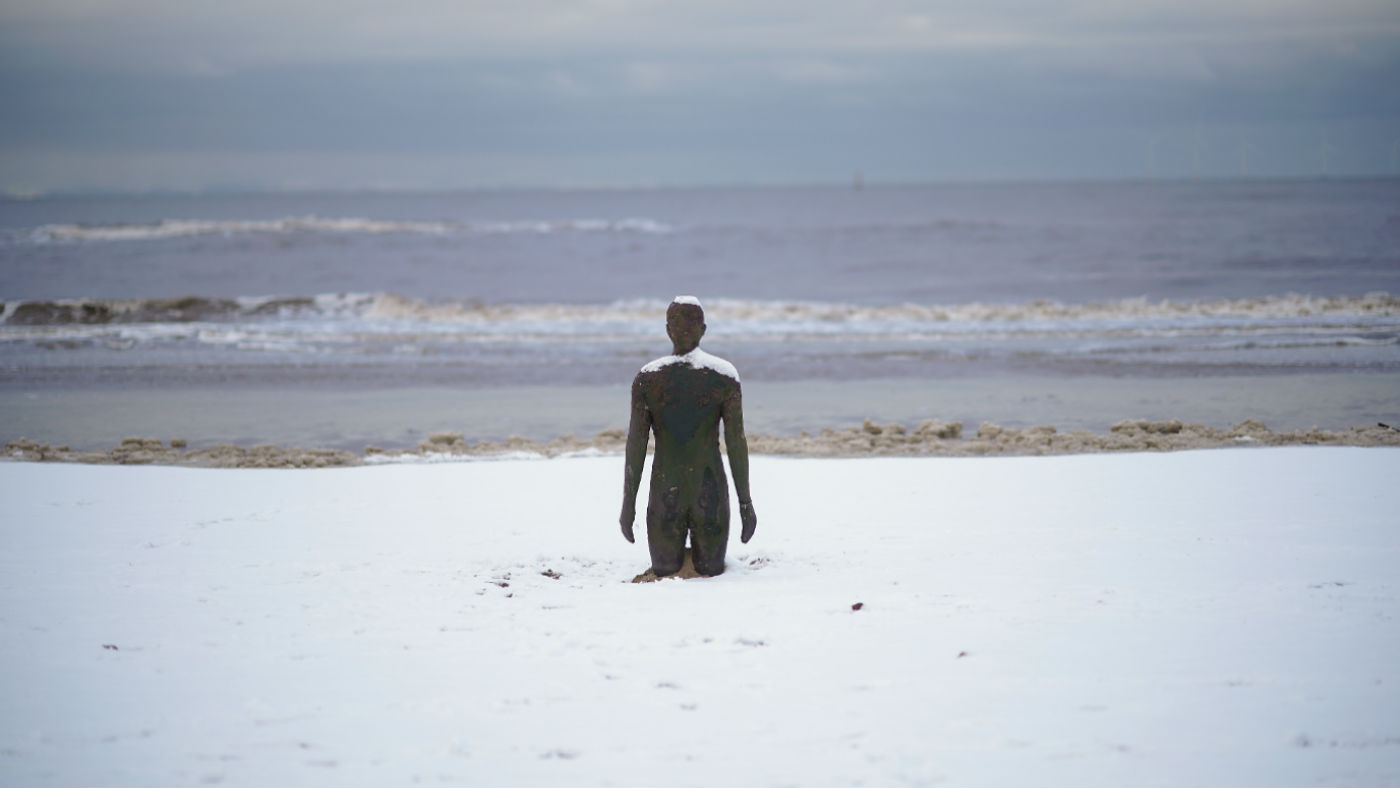Is another ‘Beast from the East’ around the corner?
Scientists warn of big freeze but forecaster says long-range prediction is ‘nonsensical’

A free daily email with the biggest news stories of the day – and the best features from TheWeek.com
You are now subscribed
Your newsletter sign-up was successful
The UK could face a historically cold winter this year, climate researchers have warned.
Scientists from University College London studied sea temperatures and air pressures over the north Atlantic Ocean, concluding that January and February 2020 could be among the coldest for decades.
The harsh conditions would begin around Christmas, as a jet stream from the Atlantic to Britain deflects southwards and allows freezing air to dominate the country, Sky News says.
The Week
Escape your echo chamber. Get the facts behind the news, plus analysis from multiple perspectives.

Sign up for The Week's Free Newsletters
From our morning news briefing to a weekly Good News Newsletter, get the best of The Week delivered directly to your inbox.
From our morning news briefing to a weekly Good News Newsletter, get the best of The Week delivered directly to your inbox.
Later in the winter, temperatures could plunge even further. The researchers predict an average temperature of 3.9C (39F) for January to February in central England - 0.5C below the 1981-2010 average for the same period.
Mark Saunders, professor of climate prediction at UCL who led the research team, wrote: “This would rank 2020 January-February central England as the coldest winter since January-February 2013.
“It would also rank January-February 2020 as the seventh coldest winter in the last 30 years, and the 23rd coldest winter since 1953."
The Daily Express says the “shocking weather prediction” suggests a “bone-chilling return” of the sort of conditions Britain suffered during 2018’s “Beast from the East,” in which 17 people died.
A free daily email with the biggest news stories of the day – and the best features from TheWeek.com
The prediction is one of the longest-range UK weather forecasts ever attempted and many weather experts state that it is impossible to accurately foresee conditions so far ahead.
The Channel 4 weather presenter Liam Dutton describes the report as “nonsensical”.
Writing on Twitter, he said: “Consider this... If it’s hard to predict where the remnants of a hurricane will go in five days, why would anyone know if there’ll be a beast from the east next January?”